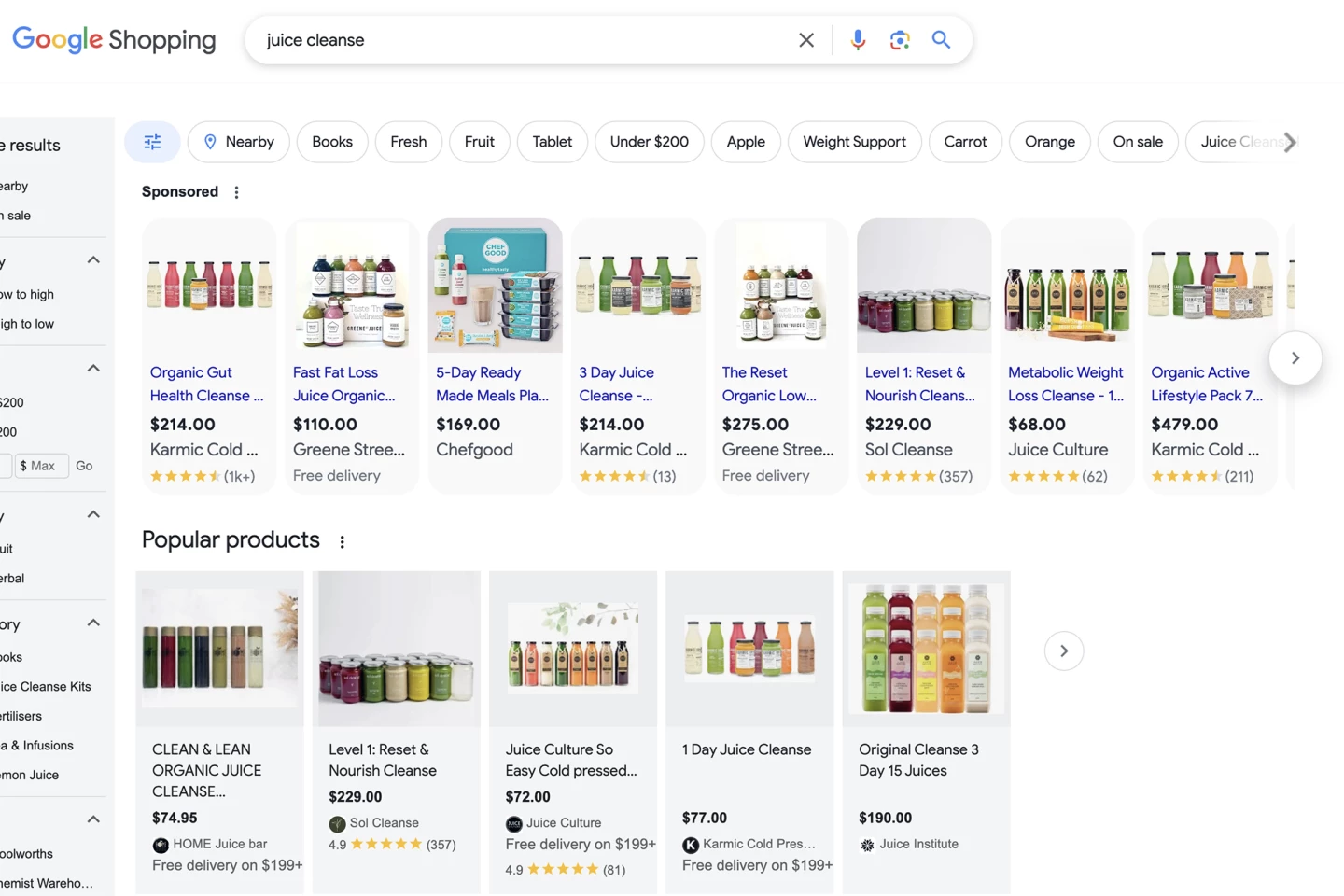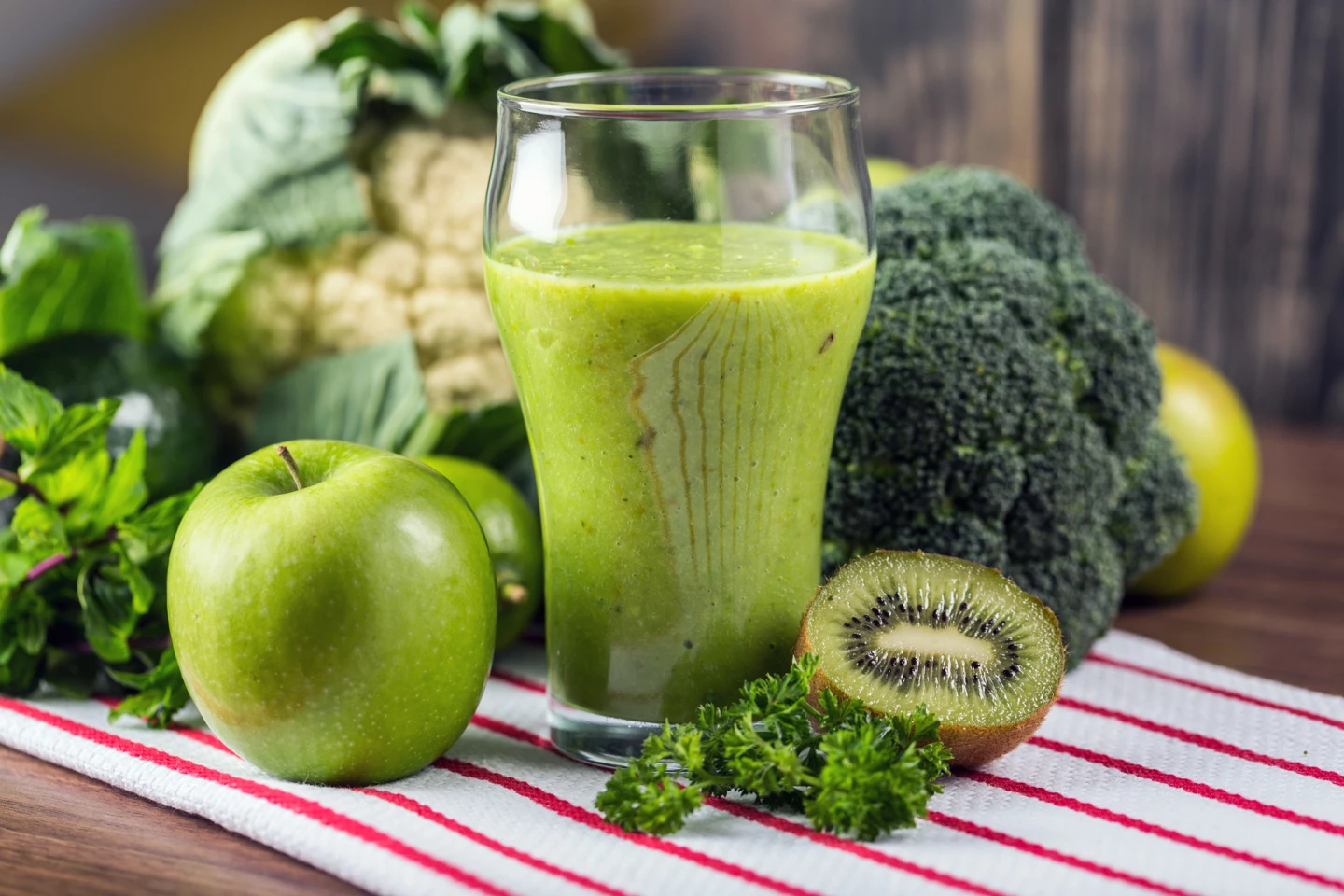Downing fruit and vegetable juice as a way of fasting, cleansing, or detoxing can unbalance the health-affecting bacteria in your gut and mouth, according to a new study. After only three days, there was an increase in bacteria responsible for inflammation and disease.
The importance of eating a balanced diet is drummed into us from an early age. This includes eating fruits and vegetables, which provide a wealth of well-studied health benefits. In our hectic lives, eating the daily recommended servings of fruits and veggies can be challenging, which is why, for many, juicing has become a handy ‘cheat.’
While studies show that juicing is a way of acquiring some important vitamins, less is known about the effect that a juice fast or juice cleanse has on the gut microbiome. So that’s what researchers looked at in a recent study led by Northwestern University.
“Most people think of juicing as a healthy cleanse, but this study offers a reality check,” said the study’s co-corresponding author, Dr Melinda Ring, a physician and the director of the Osher Center for Integrative Health at Northwestern University’s Feinberg School of Medicine. “Consuming large amounts of juice with little fiber may lead to microbiome imbalances that could have negative consequences, such as inflammation and reduced gut health.”
Juices transitioned to being the drink of choice for health-conscious people in the early-to-mid-2000s, around the time that organic produce was becoming popular and consumers were becoming concerned about toxins in their food. Since that time, juicing as a way of fasting, cleansing, or detoxing has gained popularity.

Juices can provide a quick nutrient boost – a concentrated dose of vitamins, minerals and antioxidants for those who are behind in their recommended daily intake. But one of the most significant losses during the juicing process is the loss of dietary fiber, which is found in the skin, pulp and other solid parts of fruits and vegetables. Fiber plays a crucial role in digestion, helping to regulate blood sugar, maintain healthy cholesterol levels, and promote gut health. Also, without fiber, the sugars in the juice are absorbed quickly, causing a spike in blood glucose that you don’t get when eating whole fruits or vegetables.
The researchers recruited 14 healthy participants, seven males and seven females, aged between 18 and 35. They were randomly assigned to follow one of three diets for three days: a typical ‘juice fast’ of 800 to 900 calories of cold-pressed juice exclusively, cold-pressed juice plus a regular diet, and a plant-based, whole-food diet of 800 to 900 calories. Before consuming their allocated diet, participants were asked to eat an ‘elimination diet’ for three days, consisting of organic fresh fruits and veggies, gluten-free whole grains, eggs, and eight glasses of water a day. They were asked to avoid or eliminate alcohol, caffeine, sugar, processed foods, dairy, red meat, and gluten.
Stool, saliva, and cheek samples were collected from each participant at baseline, after the elimination diet, immediately after the diet intervention and then 14 days after the intervention. The researchers then tested the effect of the intervention diets by comparing the richness, diversity and composition of microbial communities in the samples.
They observed that microbial patterns in the saliva and cheek samples were similar. After only three days, the microbes had rapidly and significantly changed in response to both the elimination and intervention diets. However, the saliva microbiome was the most responsive. Many of the bacteria that became more abundant in response to the juice and juice-plus-food diets have been identified as risk factors for inflammation, colorectal cancer, heart disease, gum inflammation (gingivitis) and gum disease (periodontitis).
“This highlights how quickly dietary choices can influence health-related bacterial populations,” Ring said. “The oral microbiome appears to be a rapid barometer of dietary impact.”
In contrast to the oral microbiome, the gut microbiome changed very little in response to any of the diet interventions. But, despite the reduced effect, the researchers still observed a reduction in beneficial bacteria and an increase in so-called ‘bad’ bacteria. The researchers say that the rapid growth of oral microbes was likely caused by the abundance of simple sugars in the juice, which bacteria can use as energy.

“The nutritional composition of juice diets – specifically their sugar and carbohydrate levels – plays a key role in shaping microbial dynamics in both the gut and oral cavity and should be carefully assessed,” said the study’s lead and co-corresponding author, Maria Luisa Savo Sardaro, a research associate at Northwestern’s Department of Anthropology and a professor of food microbiology at San Raffaele University in Rome, Italy.
The study’s small sample size and the short length of dietary interventions limited the researcher’s ability to discriminate the bacterial species and strains involved and affected the overall accuracy of the findings. Future studies should recruit more participants and extend dietary interventions to observe what happens to gut and oral microbiome over a longer period. The findings still offer valuable insights, regardless of the limitations.
The researchers recommend that those who enjoy drinking their fruits and veggies opt for blending over juicing because it retains fiber and essential nutrients that would otherwise be lost.
“If you love juicing, consider blending instead to keep the fiber intact, or pair juices with whole foods to balance the impact on your microbiome,” said Ring.
The study was published in the journal Nutrients.
Source: Northwestern University







